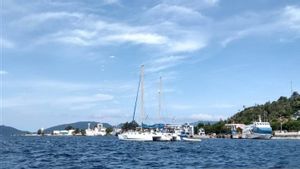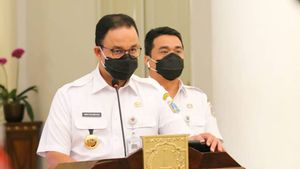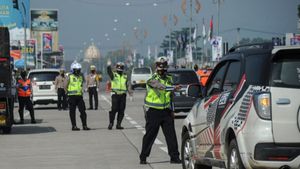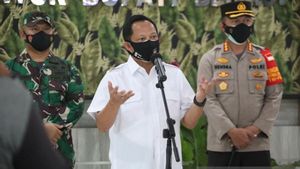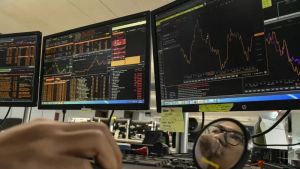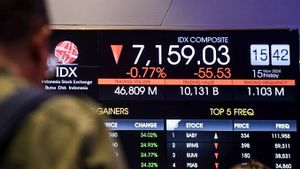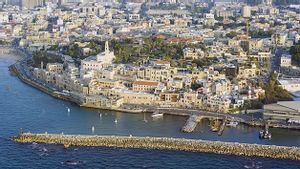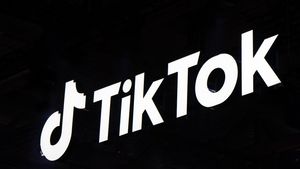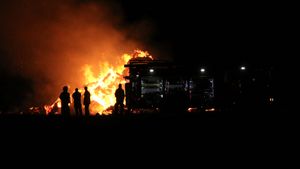JAKARTA - Transportation observer from the Indonesian Transportation Society (MTI) Djoko Setijowarno said the pandemic situation and restrictions on mobility made the existence of black plate public transportation increasingly widespread.
According to him, this condition occurs because there is a high need between vehicle owners and passengers.
"Not to mention that there is protection from unscrupulous law enforcement officers in cooperation with intermediaries (brokers) who contribute to the fertility of black plate public transportation," he said in a written statement to VOI as quoted on Sunday, July 31.
Djoko said, black plate public transport entrepreneurs, brokers, and officers saw the limitations of the Ministry of Transportation and the Department of Transportation which could only regulate transportation inside the terminal.
“Black plate public transportation operates outside the terminal. People who want to go to the terminal want it to be practical, without having to walk far inside the terminal, eventually using black plate public transportation services, even though consumers know that there is minimal protection," he said.
Djoko added that currently there is a black plate transportation network in collaboration with brokers (agents).
"They also pay monthly to unscrupulous officers through intermediaries, namely entering the Jabodetabek area and paying Rp. 300,000 per month, so that they become profitable targets," he said.
SEE ALSO:
If the yellow plate vehicles are not operating, he continued, then the intermediaries can mobilize a number of black plate public transportation. The fleets used are usually with a capacity of 8-20 passengers, such as Toyota Hiace, Toyota Innova, Isuzu Elf, Toyota Avanza, and Daihatsu Gran Max.
"There has been an increase in black plate public transportation since the imposition of the homecoming ban to prevent the spread of COVID-19. When official public transportation is not allowed to operate, black plate public transportation takes over a number of passengers who are still traveling between cities," he explained.
On this occasion, Djoko also revealed that the state actually already has legal instruments that regulate and take action against public transport actors who do not comply with regulations.
First, Article 173 of Law Number 22 of 2009 concerning Road Traffic and Transportation, states that Public Transportation Companies that organize the transportation of people and/or goods are required to have:
(a) permit for the operation of the transportation of people on the route
(b) permit for the operation of the transportation of people not on the route
(c) permit for the operation of special goods or heavy equipment transportation
The obligation to have a permit does not apply to (a) transportation of sick people by ambulance or (b) transportation of corpses.
Meanwhile, the sanctions are in article 308, which states that maximum imprisonment of 2 months or a maximum fine of Rp500,000 is imposed for each person driving a public motorized vehicle who:
(a) does not have a permit to operate the transportation of people on the route
(b) does not have a permit to operate the transportation of people not on the route
(c) does not have a permit to operate special goods and heavy equipment transportation (d) deviates from the specified permit
"The sanctions imposed by vehicle owners are very light, so it is necessary to revise Law Number 22 of 2009 concerning Road Traffic and Transportation," concluded Djoko.
The English, Chinese, Japanese, Arabic, and French versions are automatically generated by the AI. So there may still be inaccuracies in translating, please always see Indonesian as our main language. (system supported by DigitalSiber.id)



